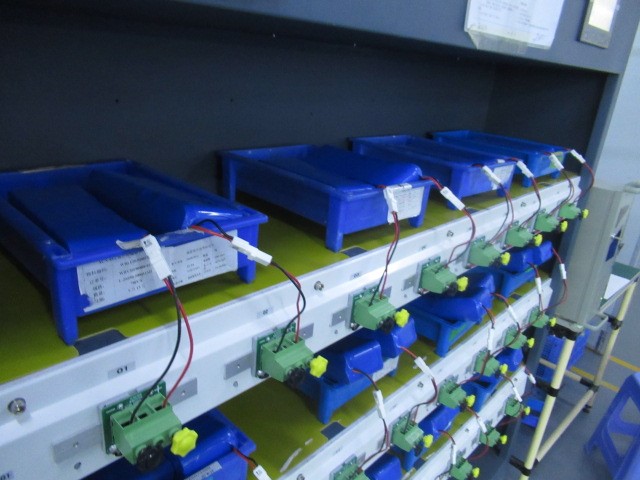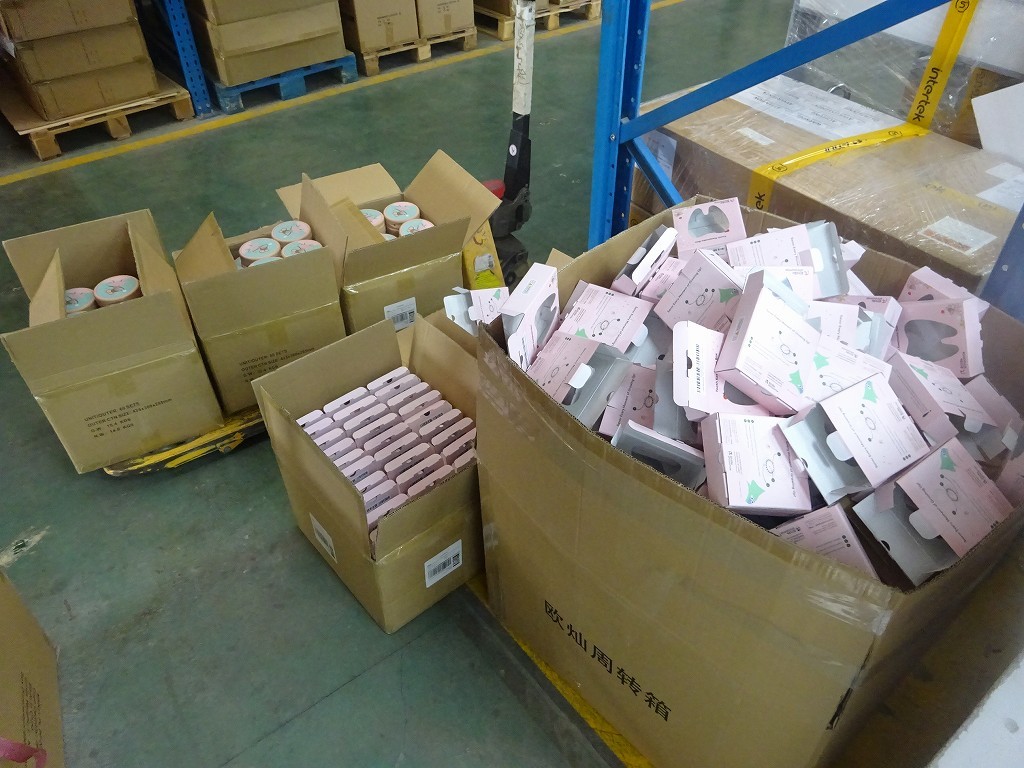Before a pre-shipment inspection, a factory must make thorough preparations to ensure that the goods meet the required quality standards and are safe for transportation. In this article, we will discuss the different preparations that a factory should make before the pre-shipment inspection.
Contents
1.Conduct a Pre-Inspection
The first step in preparing for a pre-shipment inspection is to conduct a pre-inspection. A pre-inspection is a preliminary check of the goods to identify any potential issues that could lead to a failed inspection. This pre-inspection should cover all aspects of the goods, including product quality, packaging, labeling, and documentation. Any defects or issues that are found during this pre-inspection should be addressed before the final inspection to avoid any delays or extra costs.

2. Review the Requirements
The factory should carefully review the requirements for the pre-shipment inspection. This includes checking the quality standards, product specifications, packaging, and labeling requirements. The factory should ensure that the goods meet all the necessary requirements before they are shipped. It is crucial to review these requirements carefully to avoid any issues during the final inspection.
3. Prepare for the Inspection Team
The factory should prepare for the inspection team by ensuring that all the necessary documentation is available. This includes product specifications, test reports, and any other relevant documents. The factory should also ensure that the inspection team has access to all areas of the factory and the production line. This includes providing adequate lighting and equipment to facilitate the inspection.
4. Train Staff
The factory should train its staff to ensure that they understand the importance of pre-shipment inspections and the quality standards that need to be met. The staff should be trained to identify and report any issues that may arise during production. They should also be trained on how to handle the inspection team and answer any questions that they may have.
5. Conduct a Mock Inspection
The factory should conduct a mock inspection before the actual inspection. This will help identify any issues that may arise during the inspection and allow the factory to address them beforehand. The mock inspection should follow the same procedures as the final inspection, and all staff should participate.
6. Ensure Product Safety
The factory should ensure that the goods are safe for transportation. This includes checking the packaging and labeling to ensure that the goods are not damaged during transportation. The factory should also ensure that any hazardous materials are properly labeled and packaged according to international standards.
7. Provide Adequate Facilities
The factory should provide adequate facilities for the inspection team. This includes providing adequate lighting, ventilation, and space for the inspection team to work. The factory should also ensure that the inspection team has access to all necessary equipment and tools to conduct the inspection.
8. Finalize Documentation
The factory should ensure that all documentation is finalized before the inspection. This includes the product specifications, test reports, and any other relevant documents. The factory should also ensure that all necessary permits and licenses are in order before shipping the goods.
9. Coordinate with Freight Forwarders
The factory should coordinate with freight forwarders to ensure that the goods are transported safely and efficiently. The factory should provide the necessary shipping documents and communicate any specific requirements to the freight forwarder to avoid any delays or extra costs.
10. Conduct Quality Control
The factory should conduct quality control throughout the production process to ensure that the goods meet the required quality standards. This includes checking the raw materials, production process, and final product to ensure that they meet the required specifications.
It is essential for factories to take pre-shipment inspections seriously and to invest time and resources into the preparation process. By doing so, they can ensure that their goods are delivered to their customers in a timely and efficient manner and meet the required quality standards. This will not only benefit the factory, but it will also benefit their customers and the overall supply chain.
Overall, pre-shipment inspections are a critical part of the manufacturing process, and factories must be proactive in their preparations to ensure that the goods meet the required quality standards and are safe for transportation. By following the steps outlined in this article, factories can minimize the risk of failed inspections and ensure that their customers receive high-quality goods that meet their expectations.






